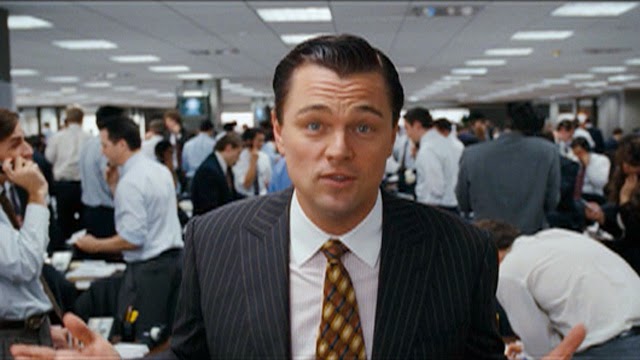Arguing with Success!

When we evaluate others' decisions and performance we tend to focus on results. A manager whose project has a good outcome is applauded, while a manager whose project fails might get fired. You can't argue with success! Or can you? When things go well we tend to put it down to skill, and when things go badly we put it down to bad luck. Taking success as a direct indicator of the value of an action is unwise. Why? Every human performance is a combination of skill, and that of outside forces – unpredictable events, uncontrollable conditions, random noise – in short, luck. And luck plays a role, sometimes more sometimes less, in every human endeavour. We don't naturally consider the contribution of luck when evaluating performance. We have a strong bias to explain behaviour in terms of actions, such as skill. It takes a lot of effort to consider the contribution of external forces such as luck. That means that in many cases we tend to reward people for successf









